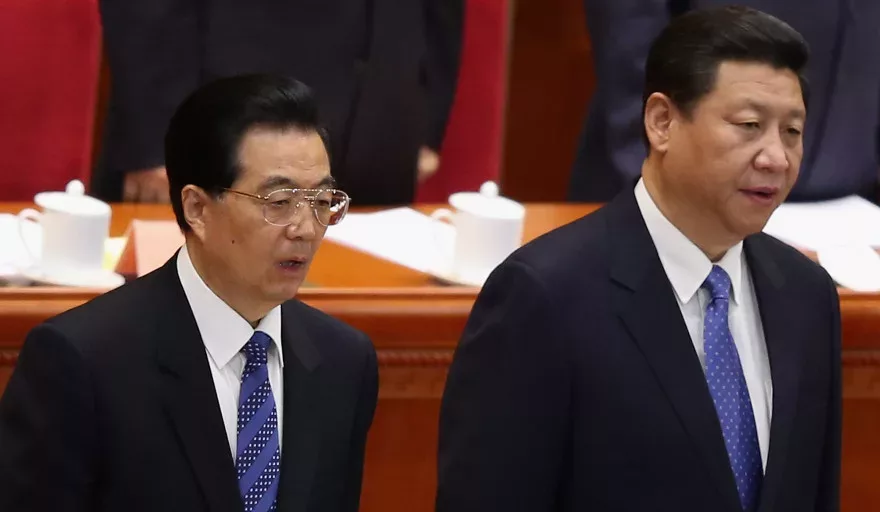In his first year, president Xi Jinping has embarked on his first foreign trip, making stops in Russia and Africa.
As such, the past 13 months have seen an unprecedented amount of attention on strengthening economic and political ties in Africa, according to a new policy briefing by Brookings Institution scholar Yun Sun.
“China’s choosing Africa to dispatch combat troops for the first time does suggest Beijing’s rising interests,” wrote Sun, as well as “enhanced commitment and a direct role in maintaining the peace and security of Africa.” China has also dispatched a total of 16 fleets and escorted more than 5,300 ships and vessels around the Gulf of Aden, in effect taking responsibility for maintaining the security of key shipping lanes.
In the past, Beijing had frowned upon “open intervention in [foreign] conflicts through direct mediation”, and yet in January, China’s Foreign Minister, Wang Yi, flew to Addis Ababa to join the Ethiopian-led efforts to mediate between rebel forces and government officials from South Sudan. As China now import a significant amount of their oil from South Sudan, (around 14 million barrels in the first 10 months of 2013), a shift in their strategy is apparent.
Additionally, the country is deepening its direct economic ties. Over the past year, Beijing has granted $10 billion in direct loans to African governments; the focus of Chinese investment is clearly evolving. “One striking feature of these loans lies in China’s new priority in financing infrastructure, agricultural and manufacturing industries in Africa,” writes Sun, “a strategy that shifts away from its traditional heavy investment in Africa’s extractive industries.”
What’s more, there are now in excess of one million Chinese immigrants are now in Africa, ranging from short-term construction workers to entrepreneurs aiming to settle there for the long term.
These new arrivals are seeking both opportunities and escape from oppression in their homelands.




















